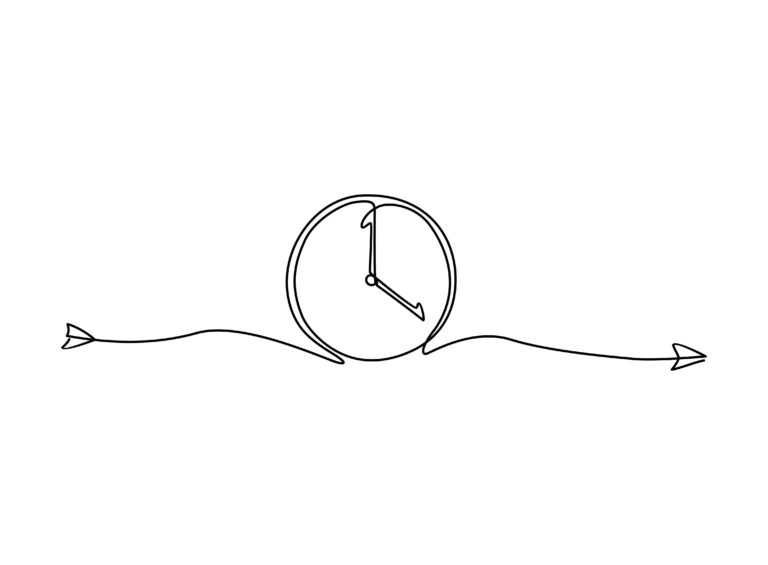**Understanding the Legal Implications of Dementia on Property Ownership**
Dementia is a condition that affects a person’s cognitive abilities, making it challenging for them to manage their daily life, including financial and legal matters. When it comes to property ownership, dementia can have significant legal implications that family members and caregivers need to understand.
### The Role of Lasting Powers of Attorney
One of the most important legal tools for individuals with dementia is the Lasting Power of Attorney (LPA). An LPA allows a person to appoint someone they trust to make decisions on their behalf if they lose the mental capacity to do so. There are two types of LPAs: Property and Financial Affairs, and Health and Welfare.
– **Property and Financial Affairs LPA**: This type of LPA gives the appointed attorney the authority to manage the donor’s financial affairs, including property, investments, and financial decisions.
– **Health and Welfare LPA**: This type of LPA allows the appointed attorney to make decisions about the donor’s medical care, daily hygiene routine, and other lifestyle choices.
Having an LPA in place can ensure that the person with dementia receives the care and financial management they need without involving strangers or the courts[4].
### Estate Recovery Programs
In many states, Medicaid has an Estate Recovery Program (MERP) that aims to recover the costs of long-term care expenses from the estates of deceased Medicaid beneficiaries. This program can affect property ownership, especially if the person with dementia receives Medicaid-funded care. However, there are exemptions, such as if there is a surviving spouse, minor child, or permanently disabled child[1].
### Divorce and Property Ownership
In cases where one spouse develops dementia, divorce might become an option. Even if the spouse with dementia cannot manage their financial affairs, they still have a legal right to their fair share of the marital property. The healthy spouse can negotiate with the other spouse’s guardian to ensure a fair marital settlement, which may include spousal support and financial arrangements for the spouse with dementia[2].
### Making Your Home Dementia-Friendly
While not directly related to property ownership, making your home dementia-friendly is crucial for maintaining independence. Simple changes like better lighting, clear signage, and easy-to-use appliances can help reduce confusion and the risk of falls. A needs assessment from the local council can also identify necessary alterations, such as grab rails in the bathroom[5].
### Conclusion
Dementia can significantly impact property ownership and financial management. By understanding the role of Lasting Powers of Attorney, the potential impact of Estate Recovery Programs, and the legal implications of divorce, family members and caregivers can better protect the rights and interests of individuals with dementia. Additionally, making the home environment more supportive can help individuals with dementia live more independently. It is essential to seek professional advice to ensure that all necessary legal arrangements are in place to safeguard the well-being of those affected by dementia.





